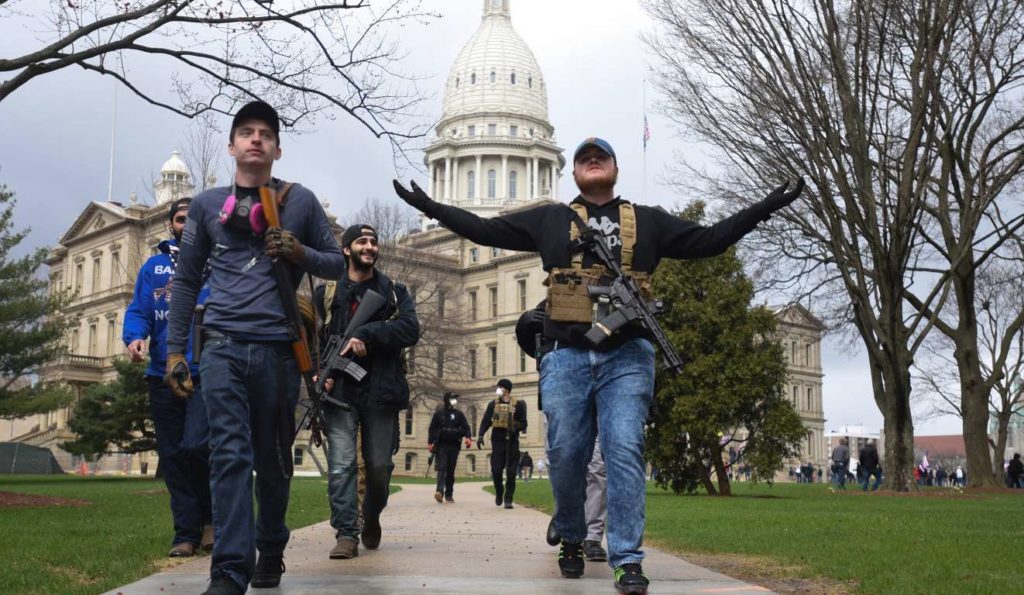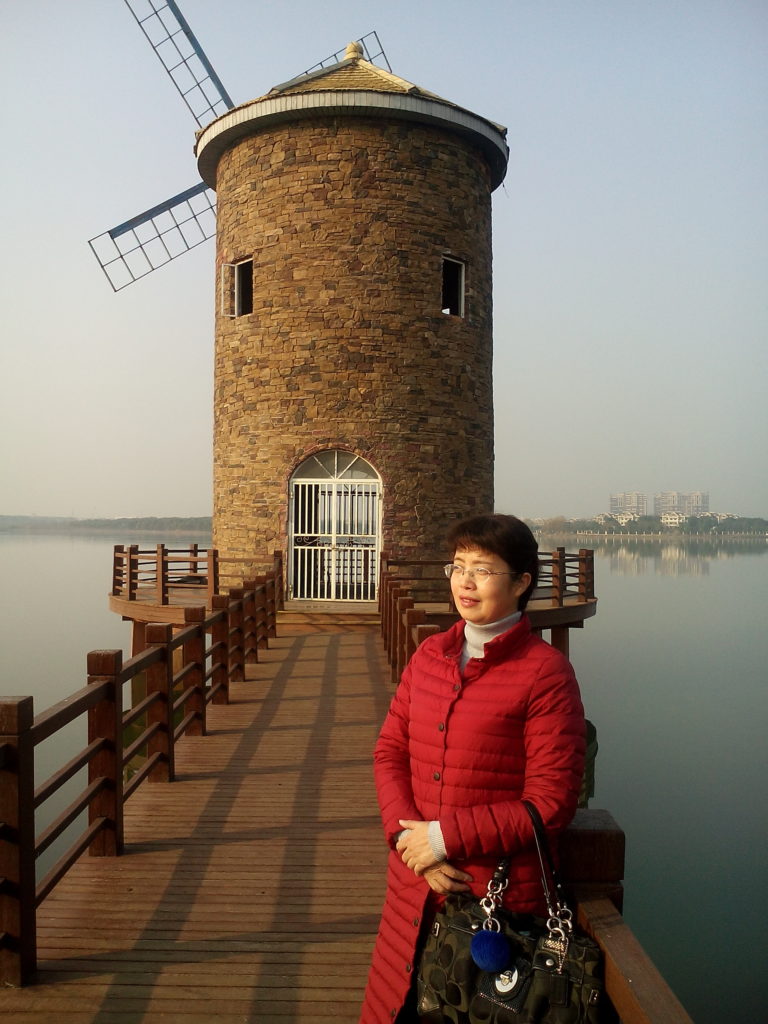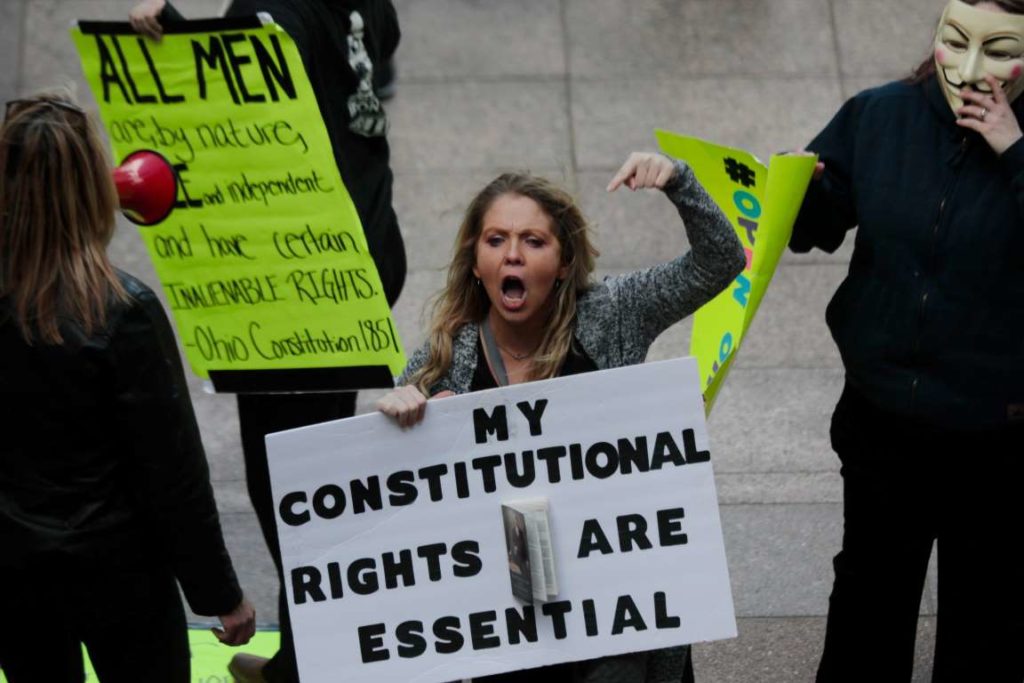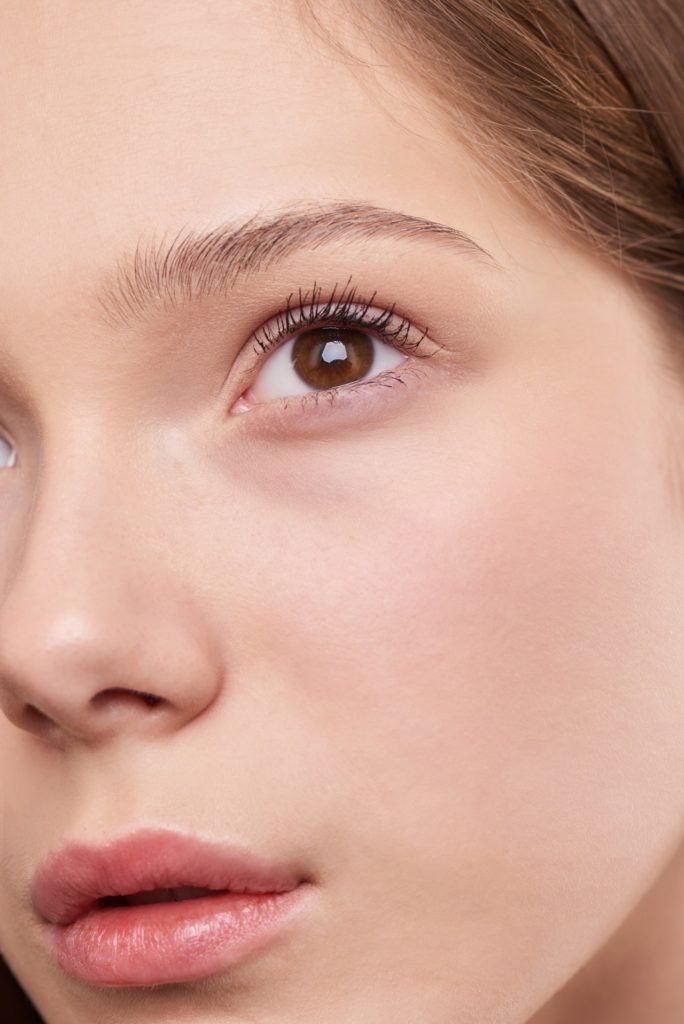
“Do Americans really think that freedom trumps everything, even life?”
My friend, Qiong Zheng, asked me this perplexing question this morning on WeChat, China’s omnipresent social media platform, along with a photo of Americans holding guns while congregating in front of Michigan’s state capitol to protest that state’s lockdown.
Jane (her English name) teaches accounting at Jianghan University and lives in Wuhan. Her accountant’s mind processes life in a practical plus and minus fashion, accentuating the good while minimizing the bad.

Jane, along with a billion other Chinese citizens, views life as a collective process. Their highly structured, top-down system requires all to follow the leader, hammering down any nail that stands up.
Three-hundred-and-fifty-million Americans believe in the power of the individual, the Constitutionally-protected right to do whatever the hell I want.
Jane sent hundreds of messages over six years in China along the lines of “The weather is cold. Please wear warm clothes today.”
She sent clothing directives to follow which I ignored, pontificating that I’ll decide how to dress.
My right to dress poorly in cold weather impacted only me, unless I got sick. Then a flu-ridden English teacher spreads germs to 250 university students who send the flu down the road to friends and family. Now my freedom is your problem.
President Trump tweeted yesterday to “liberate” Minnesota, Michigan, and Virginia, encouraging those states to open up their economies in face of the Covid-19 threat.
Now if the president wants to encourage his Confederate-flag waving, AK-47-gun-toting fans to protest on the steps of capitols in Lansing, Richmond, and St. Paul then go for it. That’s your right.
Unfortunately, protestors leave the rally, stop at Kroger or WalMart and buy food. They thumb their noses at social distancing, cough at the checkout counter and the next 20 people get their “freedom.”

Did Thomas Jefferson and the writers of the Constitution really intend to give Florida-beach crowds, state capitol protestors, and Covid-19 skeptics the right to use Constitutional freedoms to make others sick?
Wuhan’s collective nature helped suppress the coronavirus. I know of many friends who didn’t go outside for over 80 days. They did as instructed.
America’s laissez-faire attitude encourages an individualistic approach to disease control, with each of us searching out thought leaders who spout suggestions closely aligned to our own personal beliefs.

Freedom can be messy. Ayn Rand said this about freedom and responsibility: “Man is a being with free will; therefore, each man is potentially good or evil, and it’s up to him and only him (through his reasoning mind) to decide which he wants to be.”
The pandemic gives each of us daily opportunities to answer difficult questions about being good or evil. Many decisions are not easy.
My roommate’s brother was hospitalized this week with stroke-like symptoms. He needed help so she asked if he could stay here for a few days. Did I want a person to move in after leaving the hospital? No, I didn’t, but what can you do? He stayed three days.
Jane’s collective perspective questions the validity of an individual’s freedom in a pandemic. Her perceptive question asks: Should all of us card-carrying, freedom-loving Americans have the right to decide how the country deals with the coronavirus?
If you answer yes, then here’s my follow-up question: Does freedom even exist in the face of a disease that doesn’t care what you think?
John McGory is an author who lives in Columbus, Ohio. He recently wrote the book, Seeking Balance: The ultimate English-speaking guide for the shy, foreign, or frustrated.
